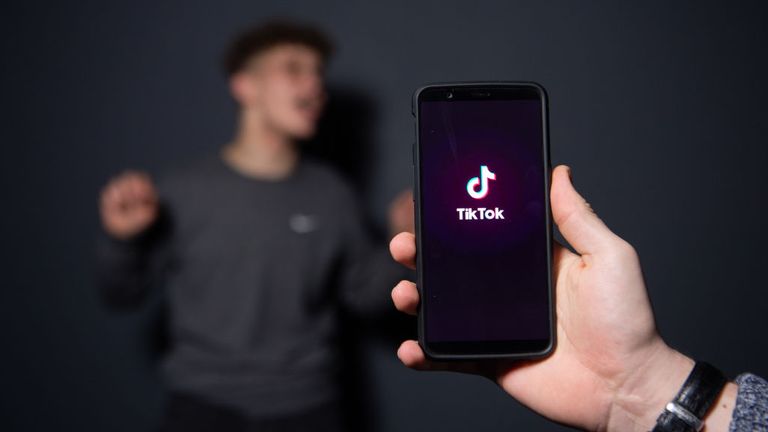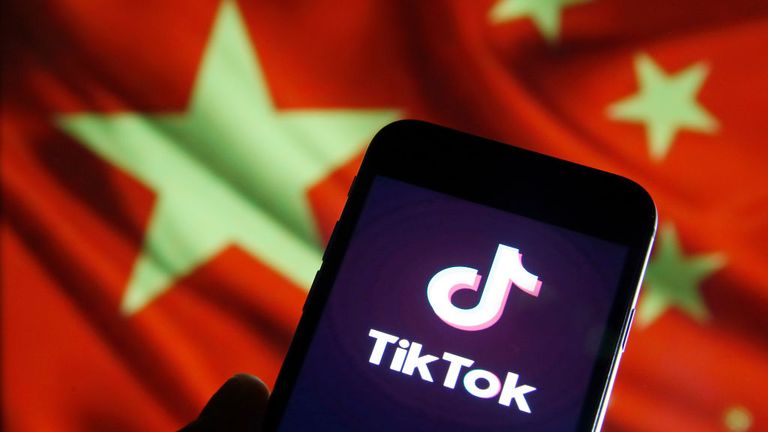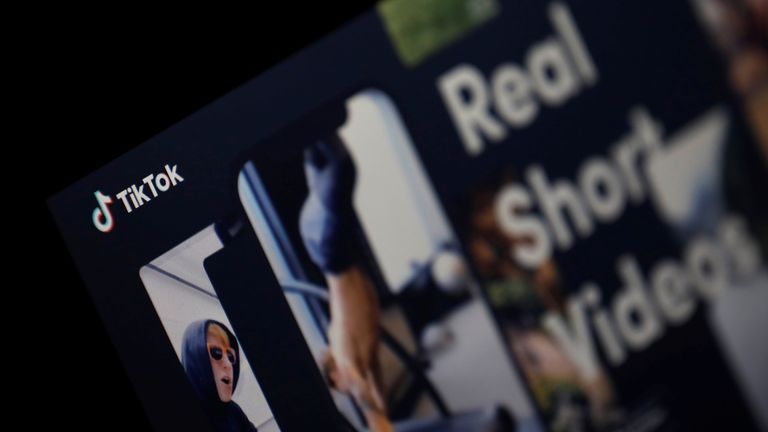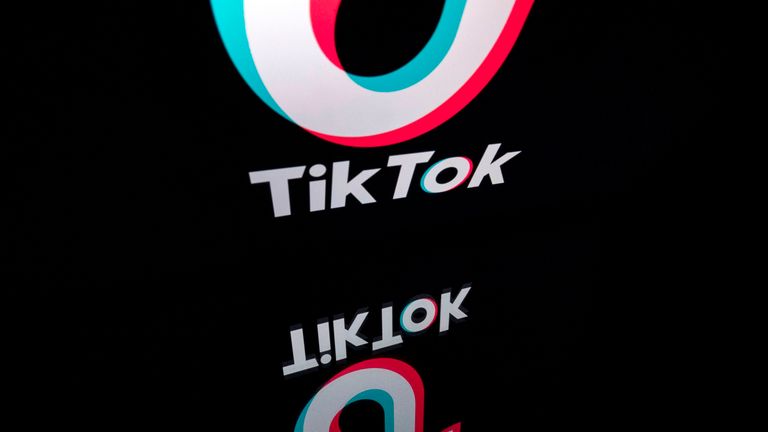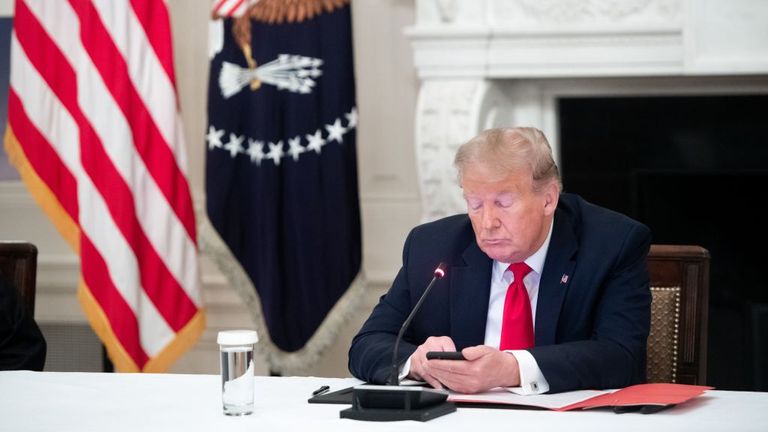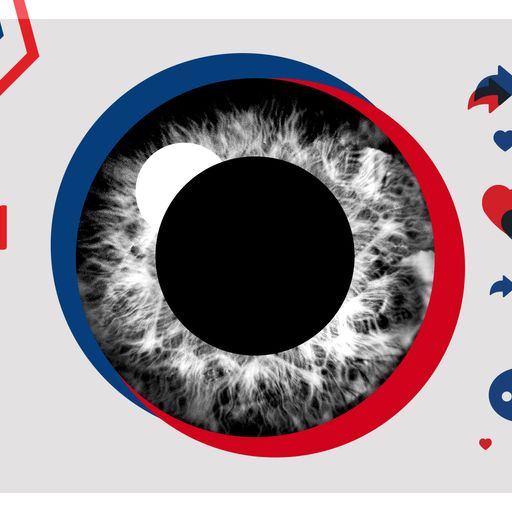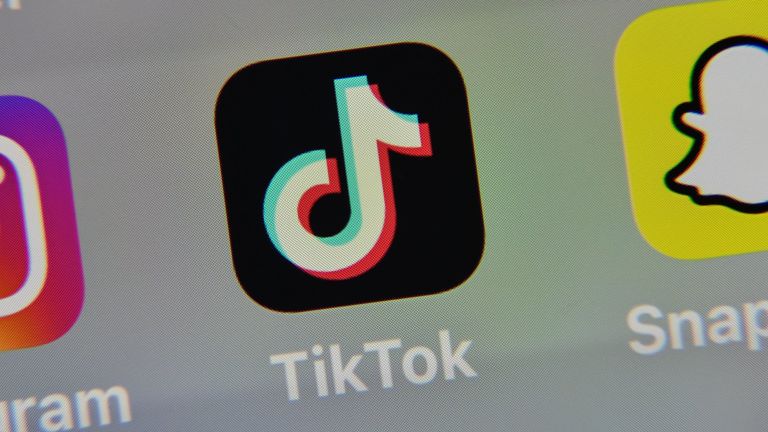TikTok: What data does it collect on its users, and how do other apps compare?
Sunday 20 September 2020 02:00, UK
Chinese-owned app TikTok has been accused of harvesting its users' data, and was even described as a potential national security risk by White House officials.
Downloads of the app were set to be banned in the US from Sunday, but Donald Trump has given his "blessing" to a deal that would have a new American company overseeing the app's US operations.
Under the proposed deal, Oracle and WalMart will create the new company, with the former hosting all US user data and reserving the right to inspect the app's source code.
Although Donald Trump has indicated he will sign off on the agreement and TikTok has welcomed the move, nothing has yet been rubber-stamped.
Similar national security concerns have been cited regarding other Chinese companies, especially Huawei, prompting critics to dismiss the allegations as an excuse for protectionist measures on the part of the Trump administration.
Rival social media platforms and politicians have warned of data risks regarding TikTok, but it isn't clear what actual risks they are citing - other than the company's origins in China.
Earlier this year, a thread on Reddit amalgamating original research included a description of TikTok as "a data collection service that is thinly-veiled as a social network".
But this was refuted by a security researcher called Robert Baptiste, who tweets under the handle @fs0c131y, who found the data which TikTok collects is relatively standard for social media apps.
You can make up your own mind, if you'd like.
Here are five things about its users which TikTok actually collects, and how they compare to other social media apps:
1. Everything you write, even if you don't send it
TikTok scans and analyses all the "information you provide in the context of composing, sending, or receiving messages", according to its privacy policy.
That includes the content of the message you're composing, even if you delete it.
This could be seen as a major privacy invasion, but if it is then it's a pretty ubiquitous one. Facebook has been using the content of private messages to build up user profiles for advertisers for years, even when these messages are only composed in Messenger and never sent.
2. Everything you touch on the screen
Keystroke dynamics are a type of biometric which can identify people based on how they type at a keyboard or swipe on a screen.
The company acknowledges capturing users' "keystroke patterns or rhythms" in its privacy policy, although it doesn't say what for.
These patterns could be enormously powerful, however. Researchers have found that keystroke patterns can indicate a lot about users, from their gender through to whether they are clinically depressed.
TikTok does seem to be the only company which acknowledges capturing keystroke dynamics.
3. Everything about the device you use to access TikTok
Our mobile and tablet devices can communicate a lot of information when they're using TikTok, including your IP address, any unique device identifiers, as well as the following:
- the model of your device
- your mobile carrier
- time zone setting
- screen resolution
- operating system
- app and file names and types.
This sounds like a lot, but it's actually standard and most of it is necessary for the app to display and run properly.
4. Your contacts
TikTok collects contacts from users' phonebook, as well as from social network contacts if a user's login is linked with one of those services.
Although this only happens "with your permission", the permission only has to be given by the main account holder, who could be revealing their connection to somebody else who hasn't given their permission.
This also isn't unique to TikTok, and almost every social media platform will allow you to import contacts and see if there are any matches to users on the platform itself.
5. What you're interested in
This isn't at all unique to TikTok. It's the point of social media platforms to keep serving their users the kind of content that will keep them scrolling and using the platform.
But this is where the company's links to China have caused concern.
TikTok's homepage - it's For You Page - is a feed specifically curated for each user by TikTok's algorithms, and there's no obvious mechanism for users to use the platform from a neutral perspective.
This means that any manipulation of that content - potentially for the purposes of political censorship - could end up going completely unnoticed by the user, who doesn't have any methods to address it.
Accusations of such censorship have also been levelled at social media companies in the West, including by President Donald Trump.
Earlier this year, Mr Trump signed an executive order aimed at curbing protections for the platforms based on accusations they were manipulating content against Conservative views.
Studies have found no evidence that social media companies target users based on their political positions rather than against the companies' own content policies.
Equally, according to Robert Baptiste, there is no evidence of TikTok misappropriating data in a way that other social media apps wouldn't.
He concluded his analysis by stating: "TikTok doesn't have a suspicious behaviour and is not exfiltrating unusual data.
"Getting data about the user device is quite common in the mobile world and we would obtain similar results with Facebook, Snapchat, Instagram and others."
